The Vancouver Regional Construction Association’s (VRCA) recent webinar series on Indigenous reconciliation is being termed by its organizers as both an important first step and a possible way to move forward.
VRCA president Jeannine Martin reflected on the positive outcomes of the Bridging Perspectives webinar series which spanned five sessions and covered numerous topics aimed at helping construction professionals better understand the First Nations they may eventually work with.
“We’re really pleased with how it went, the variety of topics and speakers we were able to bring to our members and building a foundation on how to engage with Indigenous communities in the process of doing construction,” she said.
She added about 80 to 100 VRCA members attended each webinar “and I think that speaks a lot to how interested our members were.”
Martin said her preconceptions were changed when she assumed there was a method to unlock communication between industry and Indigenous communities but learned through webinar guest Musqueam Nation member Kwes’ Kwestin to “use her good manners.”
“We think there’s a secret, but maybe it’s just that, using good manners,” she said.
VRCA director of advocacy and engagement Craig Larkins outlined the webinar series as a whole and said the intent from the start was to evaluate how the association would approach reconciliation.
“It began with us taking a step back and educate ourselves and learn the history of why we’re going on this journey,” he said.
As such the first webinar dove into the history of Turtle Island (an Indigenous name for North America), residential schools and other historic and current issues affecting Indigenous people.
Former VRCA chair and Southwest Contracting president Will Pauga also spoke in a webinar about collaboration with the Musqueam First Nation to develop siyeýe, an Indigenous-run contracting firm focused on civil construction, and shared tips with others looking to work with Indigenous firms.
Kwestin led a webinar about integrating Indigenous culture within a company’s own practices and “how to dive in but respect the culture of each First Nation because, at the end of the day, everyone’s different,” Larkins said.
“When Kwes speaks, you just listen, and it was very enlightening. Just making that effort to show you do care and you are investing in learning about each community.”
Terry Sparrow of the Musqueam First Nation spoke at another webinar covering integrating hiring practices into companies and forging authentic relationships with different nation leadership and communities.
The fifth webinar took place June 21, Indigenous People’s Day across Canada, and featured Donna Anderson of Skilled Trades BC with advice on how to attract and retain more Indigenous people in the trades.
Larkins added as the webinars progressed VRCA received positive feedback from its members.
“The biggest advice I learned is you introduce yourself. The old handshake still works,” he said.
“After each webinar I’d get one or two emails from members both thanking us for this initiative but also for offering them a space where they felt comfortable enough to learn and ask questions about reconciliation. I think they appreciated the support with their own efforts to advance reconciliation within their companies and the industry.”
Larkins said the association is now looking at next steps including another possible set of webinars or other initiatives.
“We got our feet wet, but it also allowed us to take a step back and see if maybe we do reach out to other organizations and maybe check in with attendees in six months and see if they’ve gone down this journey and see what their experiences were like, and let it grow from there,” he said.
Links to view each webinar are available here along with further information on VRCA equality, diversity and inclusion initiatives.


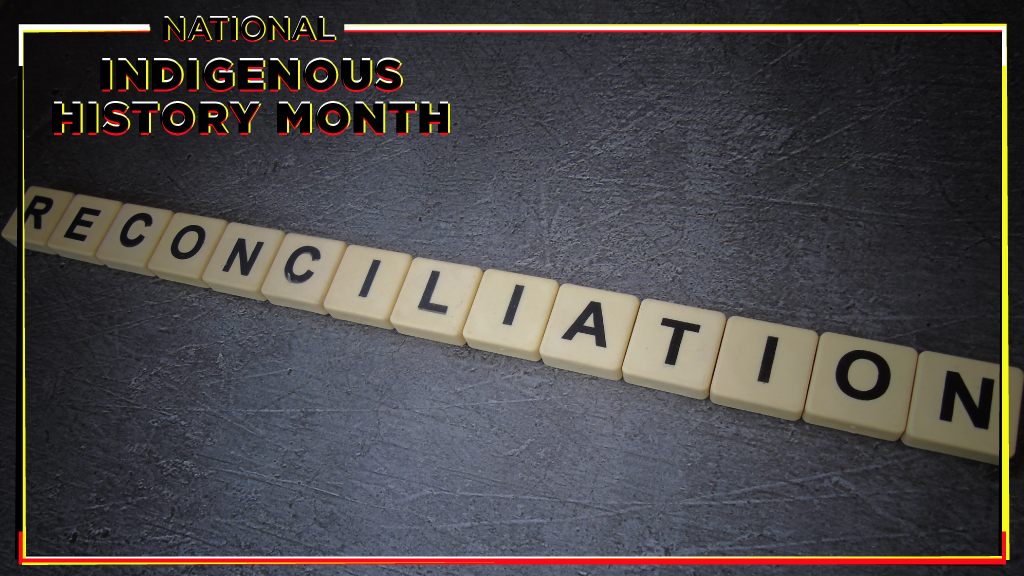

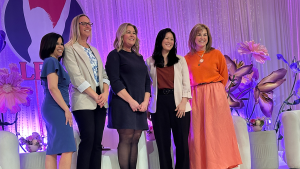
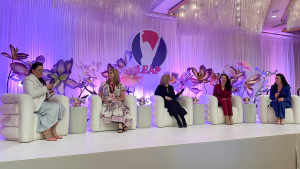
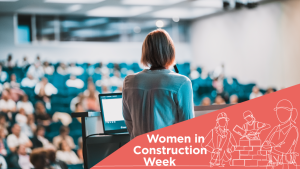
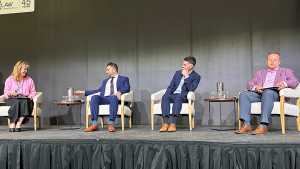


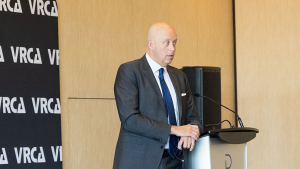
Recent Comments
comments for this post are closed